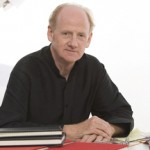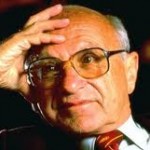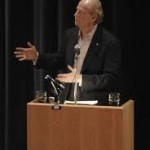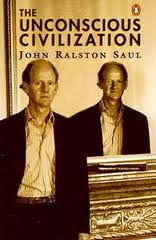I’ve been studying and writing about this book off and on for months, and today I’ve finished. My first look at The Unconscious Civilization (and its author, John Ralston Saul) was here, and the summaries of the first four chapters are also linkable (and brief):
II “From Propaganda to Language”
III “From Corporatism to Democracy”
IV “From Managers and Speculators to Growth”
The final instalment of the 1995 Massey Lectures series by the notable Canadian writer/activist John Ralston Saul was titled “From Ideology to Equilibrium”. All were published in book form later that same year, and it’s a measure of the enduring value and bold vision of the book that a tenth-anniversary reissue came; I wouldn’t be surprised to see another edition come out next year for the 20th. (His 2004 The Collapse of Globalism came out again in ’09, with some extra commentary in the wake of the 2008 economic crisis that he had predicted.) In this lecture/chapter, Saul advances and finally summarizes his argument; these thoughts also point towards his later book, On Equilibrium. He doesn’t believe in air-tight utopian dreams, but in the same way that Socrates advocated a lively but humble journey “towards knowledge without the expectation of finding [absolute] truth”, Saul describes his philosophy on genuine societal progress this way: “Practical humanism is the voyage towards equilibrium without the expectation of actually arriving there.”




